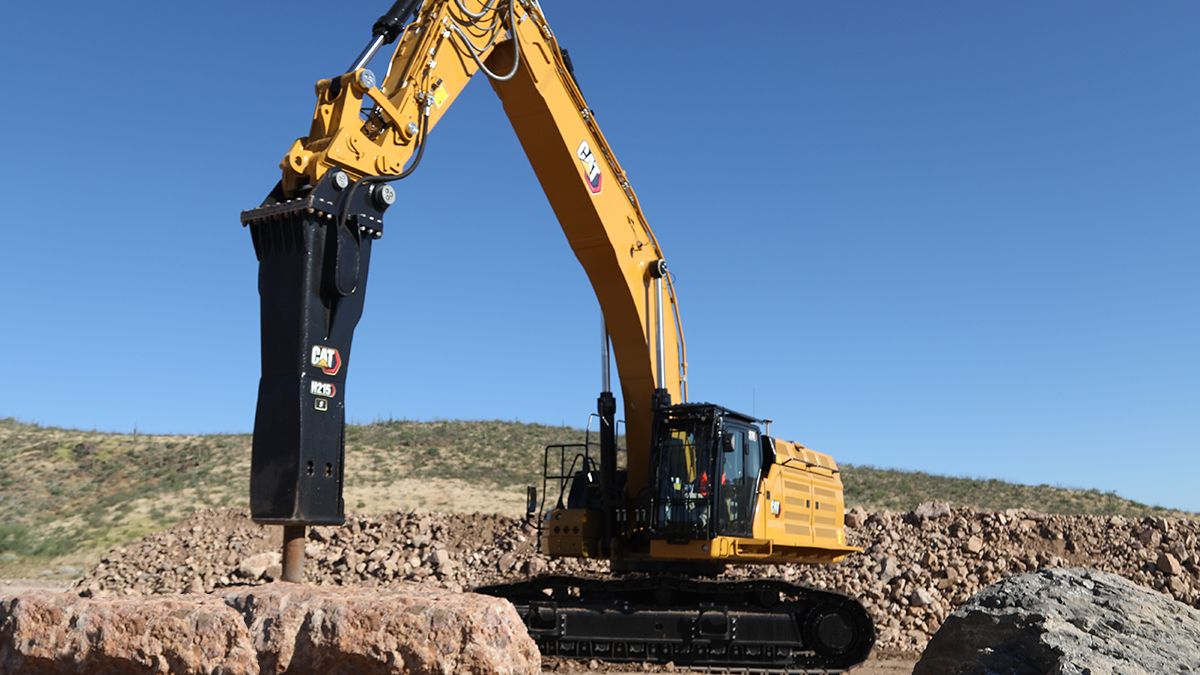
A hydraulic hammer is an essential tool in numerous industries. It is useful in offshore wind and oil and gas production in digging holes, breaking up rocks, etc. And that’s not all; there are numerous hydraulic hammers in the market, and your options are endless. But how do you choose the right one for your applications?
Here are the factors to consider when choosing a hydraulic hammer for your applications
1. Check the productivity features
You’ll find hydraulic hammers with top features in the market today. Some of the features include:
- Automatic shutoff that stops the piston from cycling as soon as it senses the fractured material, saving your tool from wear and tear.
- Noise suppression: the feature helps minimize noise and attain a quieter and safe job site.
And those are not all the productivity features; you can see more here and choose the ideal hydraulic hammer for your applications.
2. Mounting systems
Hydraulic hammers require to be pinned to a machine or attached with a coupler system when operating. A coupler system makes it easy to switch from a hammer to other attachments and vice versa. Therefore, consider the mounting system to ensure your preferred hydraulic hammer is compatible.
3. Consider the size
A correct-size hydraulic hammer allows you to knock out everything. However, a hammer that’s too heavy can make your excavator or backhoe unstable and have safety concerns. It can drop down too far after breaking the material, lowering productivity. Also, a small hammer can be damaged by your machine’s power. Therefore, check stability and safety and match the hammer to the application and the machines you use.
4. Hydraulic requirements
As you choose a hydraulic hammer, determine the required oil pressure and flow rate and ascertain whether your excavator can provide that. Choosing too little hydraulic pressure will reduce productivity, as you’ll have a slow, unproductive hammer and a lot of downtimes. Also, too much flow can overheat the hammer and the hydraulic system, destroying the seal kits and ruining the hammer.
The best practice is to test your excavator’s hydraulic flow before buying the hammer. Inquire from the deal about the specific brackets and hydraulic lines that you’ll need to connect the hammer to your machine.
5. Maintenance
Hydraulic hammers can last for years with proper rebuilds and maintenance. You’ll need to grease your hammer and apply other care practices per the manufacturer’s instructions. Therefore, consider the maintenance relating to the hydraulic hammer you’re buying.
6. Check the safety features
Safety and protection are essential when dealing with heavy machinery like hydraulic hammers. Therefore, look for the safety features of the hydraulic hammer when buying. The qualities will help you decide the one that best suits your projects. Ensure the guards are in good condition and functioning to prevent injuries or inefficiencies.
7. Check the warranty
Establish whether your company offers a warranty for the hydraulic hammer. An ideal warranty includes material coverage, craft defects, and general protection. It will protect you and save you from huge expenses when the tool develops issues.
Conclusion
Choosing a suitable hydraulic hammer for your applications can be daunting. But it doesn’t have to be that way! You can get an ideal one by evaluating the above factors. You’ll get one that enhances efficiency, cuts costs, and improves project productivity.